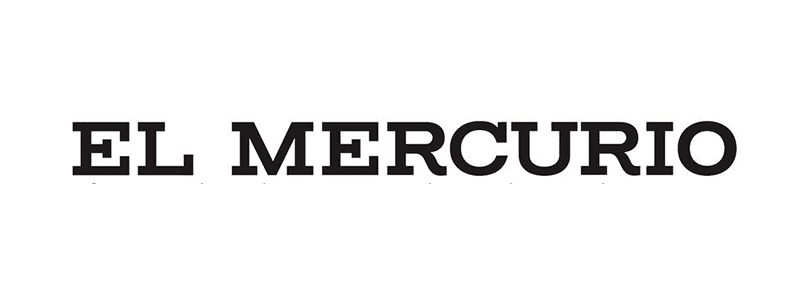Is it necessary for the TD to issue a new interpretation on the combination of face-to-face and telecommuting work?
The wave of reactions to the Ordinary No. 1163 of the Labor Directorate (DT) on the combination of face-to-face work and telework continues.
Last Friday began to circulate strongly among lawyers and human resources departments a document in which Natalia Pozo, the head (s) of the Legal Department of the DT, stated that “it is illegal any agreement to combine face-to-face work time with telework time in the course of the same week, as well as, it is not according to law that the employer is the one who decides, even within the same day, which mode of work will be applied to the worker“.
And although the service came out to “clarify” its scope through a press statement, stressing that the document aims at the combination in the same week of teleworking without limitation of working day and face-to-face work with limit of working day (i.e., schedules), the document does not say it in these terms.
“It is not possible to combine in the same week teleworking without limitation of working hours and face-to-face work with limit of working hours, which is something very different from agreeing in the same week teleworking with face-to-face work, but in both cases subject to the rules of limitation of working hours established by law“, the director of Labor, Pablo Zenteno, clarified. Clarification that does not convince the experts.
Unclear statement
For the former director of Labor, Lilia Jerez, in view of the controversy generated by the document due to its lack of clarity, it is necessary for the service to annul the pronouncement and issue a new one.
“If an ordinary, in this case of the head of the Legal Department, is unclear or not very precise or simply contradictory with the doctrine issued by the director of Labor, what corresponds is to leave it without effect or at least modify it” said Jerez.
“There is an old aphorism in law that says that things are done and undone in the same way. A press release is not enough. If an administrative act, in this case an ordinary one, was the one that was issued to give an opinion and it was unclear or confusing, it has to be left without effect“, stressed who led the agency during the previous government.
Marcelo Albornoz, also a former director of Labor, gave a reading along the same lines, adding that the document in question “is categorically wrong in terms of establishing that modalities cannot be combined within a week“.
From Albornoz’s perspective, the previous pronouncement on this matter -and which cites the document signed by Pozo-, what it held was that what could not be combined within a week were different schedules, not work modalities.
“It can be understood as a subtle difference, but it is not so subtle from a technical point of view, because one thing is the distribution of working days (face-to-face and teleworking) and another thing are the daily work schedules. Then, what the opinion mistakenly tried to apply was a jurisprudence of the year 2020 that refers to a different matter to the one consulted and to what was concluded“, he explained.
For Albornoz, the ordinary signed by a deputy head of the Legal Department “has to be expressly rectified by the Labor Directorate, so that this legal criterion does not remain in force, because if it remains in force it is perfectly possible that an inspection officer may mistakenly apply it at a later date“.
For Jorge Arredondo, partner and director of AZ’s labor group, the controversy lies in the way in which the DT drafted the document.
“In my opinion, an attempt was made to reach a certain conclusion, which would be that it is not possible to mix in the same week a worker exempt from working hours with a working day regime. However, the word times was alluded to, which would imply that it would not be possible a hybrid scheme of presentiality and teleworking in the same week, a matter that has no legal basis” said Arredondo.
The civilian world also joined the request for a new pronouncement. Francisca Jünemann, executive president of ChileMujeres, also requested a new document through an opinion column, stressing that what Zenteno came out to clarify “is not what this opinion states“.
After the controversy, the Labor Directorate confirmed the publication of a new pronouncement.
“We understand that some confusion was generated regarding this ordinary, so we are promptly issuing a complement that will allow us to clarify any doubts that may exist in this regard, with respect to the legislation and the current doctrine of the service” said director Pablo Zenteno.




